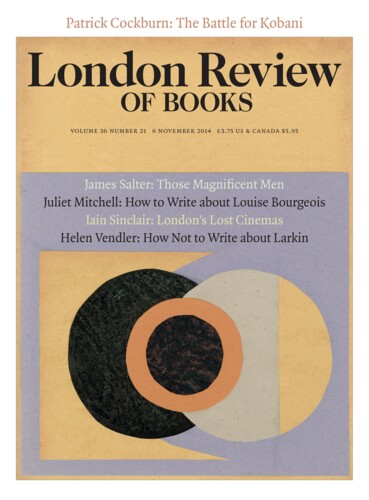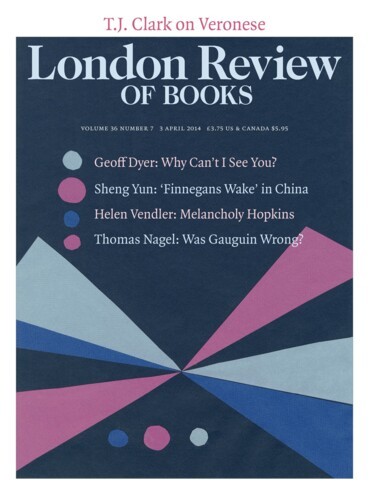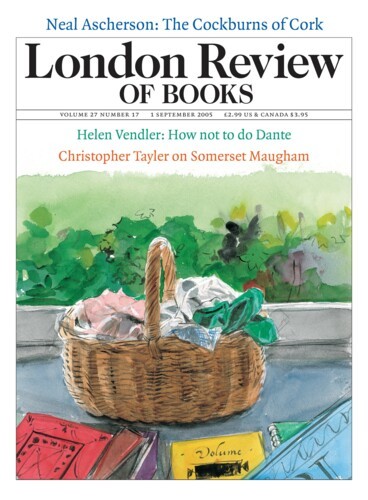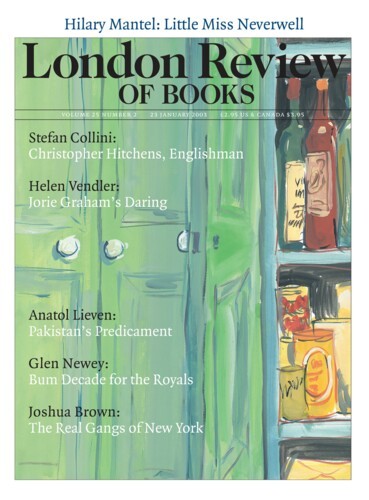Why aren’t they screaming? Philip Larkin
Helen Vendler, 6 November 2014
Twenty years ago, Andrew Motion, one of Philip Larkin’s literary executors, wrote a scholarly and comprehensive authorised biography of the poet, whom he had known well; it was subtitled ‘A Writer’s Life’. Motion informed his readers that some important ingredients of Larkin’s life were still unavailable, especially most of the letters written to Monica Jones,...





